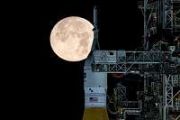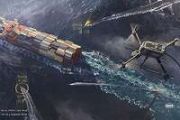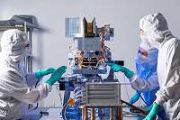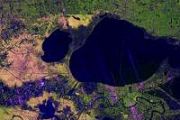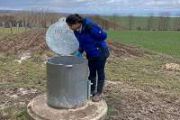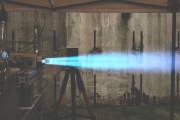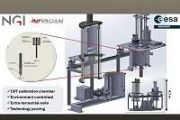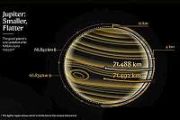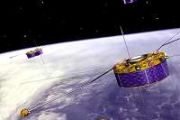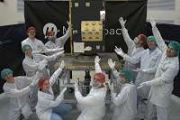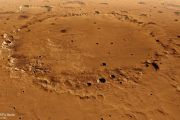
Copernical Team
In-orbit construction of China's space station going smoothly
 Construction work on the core module of China's Tiangong space station is proceeding steadily, the China Manned Space Agency (CMSA) said on Friday.
The Shenzhou-13 mission astronauts currently working the project are all in good condition, said the CMSA, adding that they plan to return to Earth in April.
The key technologies for the construction of the space station have been fully v
Construction work on the core module of China's Tiangong space station is proceeding steadily, the China Manned Space Agency (CMSA) said on Friday.
The Shenzhou-13 mission astronauts currently working the project are all in good condition, said the CMSA, adding that they plan to return to Earth in April.
The key technologies for the construction of the space station have been fully v China's BeiDou enters new phase of stable services, rapid development
 China's BeiDou Navigation Satellite System (BDS) has entered a new phase of sustained stable services and rapid development, according to the China Satellite Navigation Office on Friday.
Measured by the global continuous monitoring and evaluation system, the BDS-3 system shows an advanced performance index in providing global positioning, navigation and timing (PNT) services, with more out
China's BeiDou Navigation Satellite System (BDS) has entered a new phase of sustained stable services and rapid development, according to the China Satellite Navigation Office on Friday.
Measured by the global continuous monitoring and evaluation system, the BDS-3 system shows an advanced performance index in providing global positioning, navigation and timing (PNT) services, with more out Sanctions could cause space station to crash: Roscosmos
 Western sanctions against Russia could cause the International Space Station to crash, the head of Russian space agency Roscosmos warned Saturday, calling for the punitive measures to be lifted.
According to Dmitry Rogozin, the sanctions, some of which predate Moscow's invasion of Ukraine, could disrupt the operation of Russian spacecraft servicing the ISS.
As a result, the Russian segm
Western sanctions against Russia could cause the International Space Station to crash, the head of Russian space agency Roscosmos warned Saturday, calling for the punitive measures to be lifted.
According to Dmitry Rogozin, the sanctions, some of which predate Moscow's invasion of Ukraine, could disrupt the operation of Russian spacecraft servicing the ISS.
As a result, the Russian segm 'We want to be the UPS or FedEx of the moon': A startup's big moonshot

A California startup is joining much bigger players in the drive to explore settlement on the moon, as plans by NASA to send astronauts back there heats up the commercial lunar market.
Aerospace firm Venturi Astrolab Inc., better known as Astrolab, based in Hawthorn, California, is building an all-purpose truck that is intended to construct lunar infrastructure and also ferry astronauts around, enabling work that would make long-term settlement on the moon possible.
Companies are betting that NASA's drive to return to the moon in several years, along with technological and business advancements that have lowered launch costs, could be lucrative for businesses that get in there early and succeed.
"We are transitioning now from just the earliest phase of exploration to the early stage of settlement," said Chris Hadfield, a retired Canadian astronaut and advisory board member for Astrolab. "This is going to become part of human commerce and human geography," he said of early moon settlement.
NASA is aiming to launch astronauts to the moon no earlier than 2025 as part of its Artemis program, which aims to land the first woman and first person of color on the moon.
The making of the European Service Modules
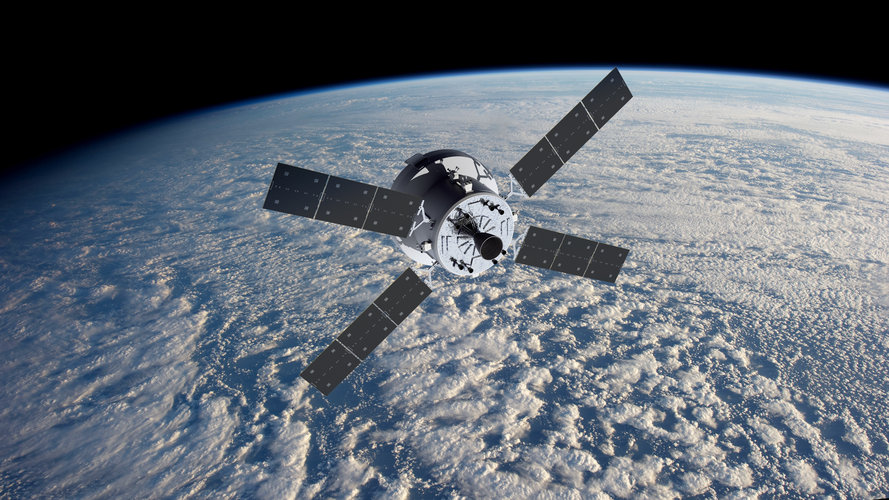
Week in images: 7 - 11 March 2022

Week in images: 7 - 11 March 2022
Discover our week through the lens
Spectra detectives
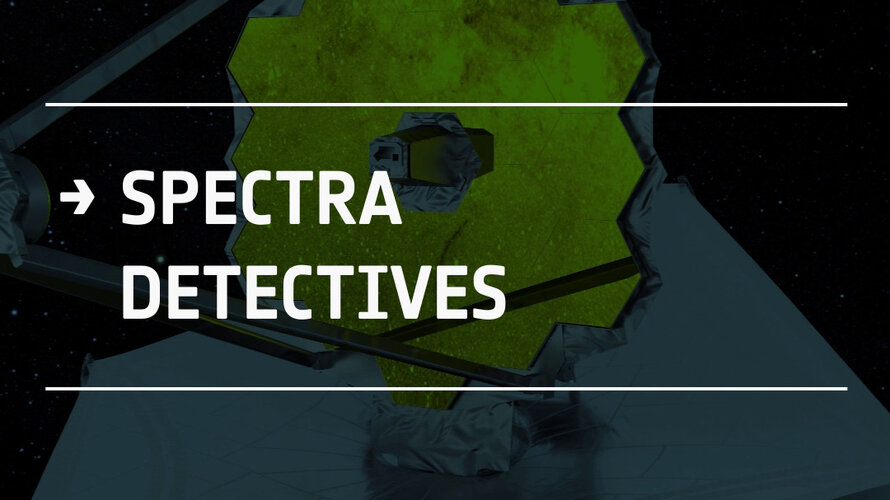 Video:
00:01:00
Video:
00:01:00
Spectroscopy is a tool that astronomers use to better understand the physics of objects in space.
The spectrographs on board the James Webb Space Telescope (Webb) provide scientists with the data needed to analyse the materials that make up stars, nebulae, galaxies and the atmospheres of planets.
Light that enters the telescope is split into its different wavelengths by a grating or a prism, forming a spectrum. This spectrum is then focused onto a detector. Light from each chemical element has a unique spectrum, like a fingerprint. The spectrum’s pattern is analysed by astronomers to decipher which atoms
Earth from Space: Lofoten, Norway

The Copernicus Sentinel-1 mission takes us over the archipelago of Lofoten in northern Norway.
USSF, USC sign MOU establishing university partnership program
 The U.S. Space Force (USSF) formally announced the University of Southern California (USC) as its newest University Partnership Program member at a Memorandum of Understanding (MOU) signing event Feb. 28 at USC. Lt. Gen. Michael A. Guetlein, commander of USSF's Space Systems Command, joined USC President Carol Folt at USC's University Park Campus for the signing.
Other Space Systems Comman
The U.S. Space Force (USSF) formally announced the University of Southern California (USC) as its newest University Partnership Program member at a Memorandum of Understanding (MOU) signing event Feb. 28 at USC. Lt. Gen. Michael A. Guetlein, commander of USSF's Space Systems Command, joined USC President Carol Folt at USC's University Park Campus for the signing.
Other Space Systems Comman Giant impact crater in Greenland occurred a few million years after dinosaurs went extinct
 Danish and Swedish researchers have dated the enormous Hiawatha impact crater, a 31 km-wide meteorite crater buried under a kilometer of Greenlandic ice. The dating ends speculation that the meteorite impacted after the appearance of humans and opens up a new understanding of Earth's evolution in the post-dinosaur era.
Ever since 2015, when researchers at the University of Copenhagen's GLO
Danish and Swedish researchers have dated the enormous Hiawatha impact crater, a 31 km-wide meteorite crater buried under a kilometer of Greenlandic ice. The dating ends speculation that the meteorite impacted after the appearance of humans and opens up a new understanding of Earth's evolution in the post-dinosaur era.
Ever since 2015, when researchers at the University of Copenhagen's GLO 

